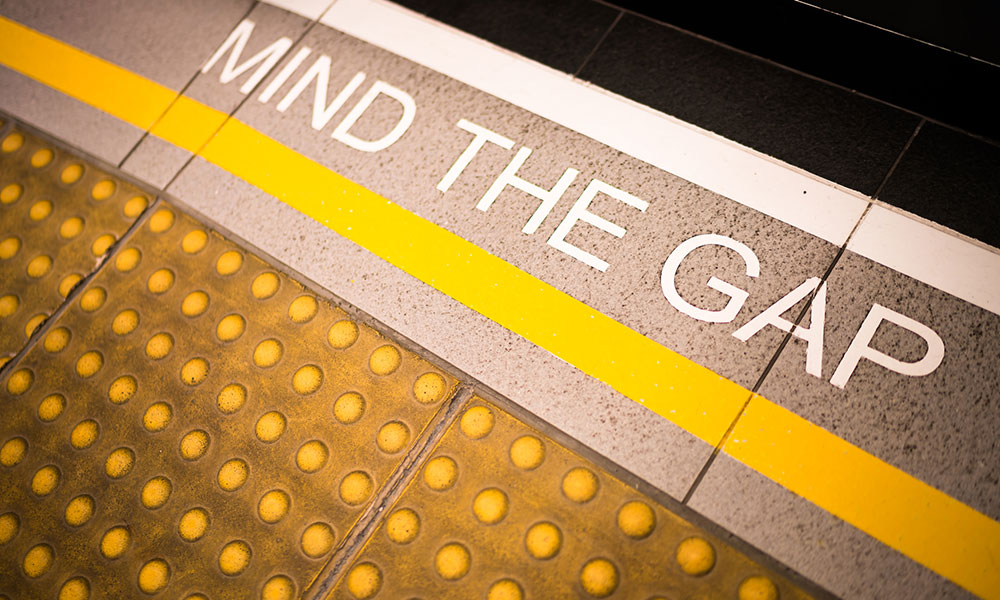
Do Your Leaders Have an Accountability Gap?
According to a report from the leadership development firm Lee Hecht Harrison, many organizations realize that their leaders aren't properly held accountable but don't have a good system for doing so.
Leadership is an important thing to get right, and it doesn’t happen without accountability. But a new report suggests that many organizations are struggling to ensure that their leaders are made to answer for their actions.
The report from Lee Hecht Harrison—a firm focused on career transition, outplacement, and leadership development—concludes that “the leadership accountability gap is not only real, but also addressing it has a profound impact on the effectiveness of an organization’s leaders and their ability to drive workforce transformation.”
Based on findings from a survey of members of HR People+Strategy (an executive offshoot of the the Society for Human Resource Management) and expanded globally, the report found that while 72 percent of HR professionals and business leaders say leadership accountability is a significant issue, just 48 percent of leaders are held accountable in some way, and only 31 percent of respondents said they’re satisfied with leadership accountability in their organization. The problem is consistent around the world, the report notes.
The problem stems at least in part from a lack of a structure or process for judging leaders—less than half of organizations (49 percent) say they have one. And even fewer respondents believe they can speak up about weak leadership. Just 20 percent of those surveyed said they have the courage to address weak or unaccountable leaders, and just 27 percent reported a strong leadership culture at their organization.
“The findings point to a clear conclusion: Current investments in leadership development are not actually creating stronger leaders,” the report states. “As such, the shortage of quality leaders to guide any organization into the future is arguably the biggest talent issue facing companies today.”
What does accountable leadership look like? According to the report, accountable leaders have several behaviors in common, including that they work to develop leadership capabilities (their own and their team’s), minimize unhealthy politics, break down silos and seek to align the organization’s work, and have a clear understanding of external trends in the business environment.
Vince Molinaro, Lee Hecht Harrison’s global managing director of leadership transformation practice, said the findings highlight the importance of creating accountable environments—pointing out that the most effective organizations surveyed tended to have more accountable leadership and better satisfaction as a result.
“It’s crucial that organizations are instilling practices that build strong leadership accountability, in order for a culture to develop in which such behaviors flourish,” Molinaro said in a news release. “The highest-performing companies in our study ensure that their leaders understand what matters to their customers and cascade the business strategy to create clarity of purpose amongst leaders.”
The report recommends a series of steps to improve accountability, including making it a business priority, setting clear expectations for leaders, taking steps to address leaders who are struggling to meet the demands of their roles, and auditing the strengths and gaps in the organization. The report includes an auditing tool for this purpose.
(iStock/Thinkstock)






Comments